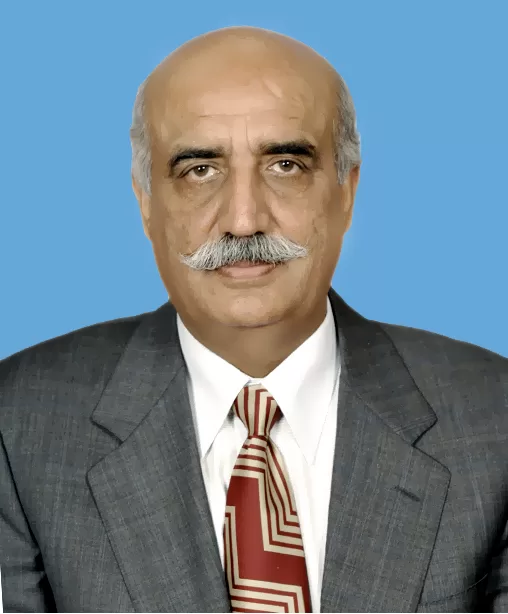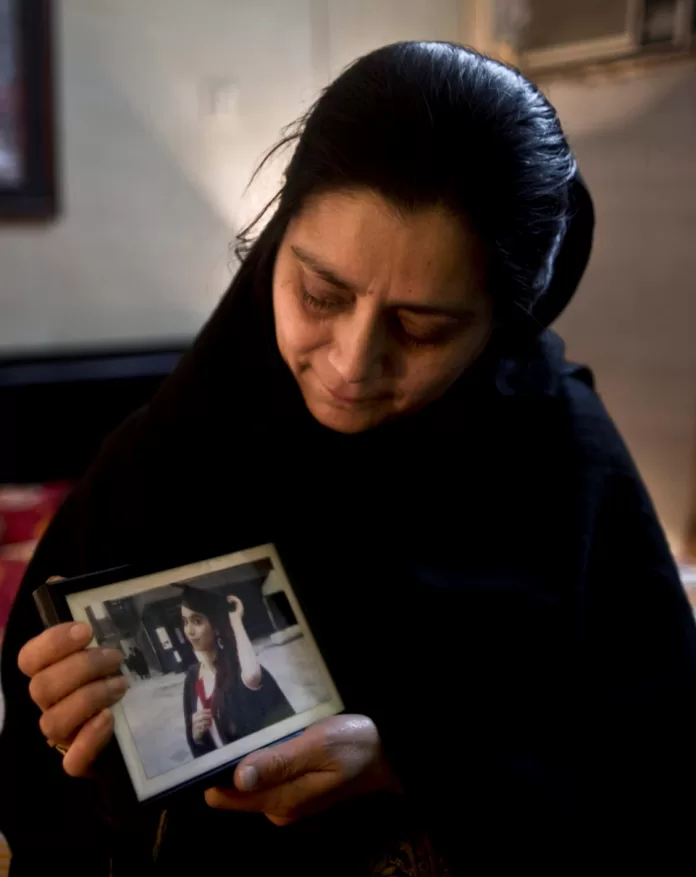As militancy and negotiations move in tandem, a recently surfaced splinter group of Taliban hit the headlines through its lethal attack on the District Courts’ Complex in the heart of Islamabad. Fizza Malik, a young Pakistani lawyer was amongst those unfortunate ones who lost their lives in this occurrence and young Fizza Malik is being seen by many as the face of the latest tragedy in Pakistan’s conflict. It appears that terrorists are ahead of the State and government. However, it is not Taliban alone that have turned this country into its present disorder, as the criminals within the country and also the foreign intelligence agencies are at work and exploiting the situation.
Some analyst argue that the TTP may have let loose a number of its offshoot outfits to act as they please while the core of the TTP leadership maintains a state of denial and continues to claim continuity of the ceasefire. However, this pattern does not suit the TTP, as this would discredit its prowess as the sole controlling organ, and hence reduce its bargaining position on the negotiation table. Already there are hard questions to the futility of talking to the TTP if it is unable to effectively and comprehensively halt the terrorist acts. From another perspective one could argue that a process of unravelling has triggered within the Taliban rank and file. Strategy options on how to deal with the Taliban throw up two approaches: by force of arms or by negotiating and if negotiations don’t work, then by employing military force. If the Americans want to talk with the Taliban to ensure peace, why should we not do the same in Pakistan? This is a widespread mindset.
The new government’s policy has been cautious. One can argue whether this is correct and to what degree. The government is being criticised for lack of resolve in launching and sustaining decisive action to tackle and defeat or, at least, contain Taliban within FATA. There are a number of reasons behind this caution. Strenuous effort is on to keep the dialogue on track despites provocative events. The military too is conscious of the need for political and public consensus to back the use of force, as was forthcoming a few years ago when military operation was launched in Swat. Now, there is no political consensus for fighting before giving negotiations a fair chance to succeed. An argument is gaining strength that option of ‘military action alone’ has been given sufficient time, but it has not been able to curb militancy and acts of terrorism.
The Government’s immediate counterinsurgency objectives are to differentiate between reconcilable and irreconcilable Taliban. The new negotiation teams are expected to be larger in size and would include more influential people. Inclusion of military representative in the government team has thrown up an unnecessary discussion point but this would hardly matter because ultimately it would be a political decision with regard to the terms and conditions of the agreement. Though the military had in the past concluded a number of tactical level agreements with local commanders of various militancy affected areas, this time the expanse of the dialogue is wholesome with strategic implications. The Opposition Leader in the National Assembly has opposed the induction of army personnel on the ground that armed forces are meant to obey the government and their involvement in talks with the terrorists would indicate that the institution still acts as an independent and parallel decision making body. On the other hand, the Information Minister has said that the armed forces have to be included in talks since there are many specific matters about which it is well informed. The Military itself is more keen to take a supportive role and a back seat in the process and yet be available in the role of a facilitator. Government should not insist on including military representative in the team. A middles ground could be found by roping in a high ranking retired officer who has sufficient knowledge on the subject and is acceptable to all sides. Anyway, in the long run, presence or otherwise of military representative would not make any material difference.
It is certain that patchwork and an isolated approach wouldn’t do, and that Pakistan needs a counter terrorism policy based on a visionary and integrated approach. Crafting such policy constitutes a challenge in a political environment in which non-state actors appear to occupy a position of near parity. The policies of the past need reversal and this will be possible only when the elected civilian leadership reserves the driving seat for itself.
As regards the ways of tackling the terrorist, strategists are also divided, some recommend single-minded policy of Sri Lanka style to defeat the long-standing LTTE insurgency, rather than accepting ceasefires. Others argue to the contrary, stressing that Pakistan is not an island and the flanks of the insurgency lay along a long and porous border with Afghanistan, supported by traditionally hostile powers and that wherever military action had been taken, the civilian authority had been unable to step in to assume control and restore government services. Hence they recommend a reversal of previous pattern and order; and recommend that political process be in the lead and military maintains a supportive role.

While pondering over the issue of terrorism in the national context, it is worthwhile to take a look at the broader pattern of terrorist activities in our region. Latest data from Indian National Bomb Data Centre (NBDC) show that India suffered 212 bomb blasts in 2013; this is more than double of what Afghanistan suffered (108 blasts). During the same period Bangladesh had 75 blasts and Syria suffered 36 blasts. Along with Pakistan and Iraq, India accounts for almost 75% of bomb blasts in the world. An analysis of the attacks in India shows that its North East region, Assam and Manipur were worst affected and Maoist areas—Bihar, Chhattisgarh and Jharkhand— while registering most bomb blasts have also suffered over 80% of IED attacks. Jammu and Kashmir witnessed a 50% rise in bomb blasts last year as compared to 2012.
From international counter terrorism perspective, international focus is on bracing up for post 2014 Afghanistan. There is fear that after the withdrawal of US forces from Afghanistan, a civil war might breakout. That would have serious impact on Pakistan’s security— especially in the tribal areas. Given the ongoing transition in Afghanistan and continued terrorist attacks against civilian and military targets throughout Pakistan, a sense of urgency has propped up in Pakistan to evolve a comprehensive contingency plan for tackling post-2014 Pakistan. It is not appropriate to indulge in Doomsday scenarios, but one should be mindful of impending serious risks.
On its part, the US plans $280 million of military aid to Pakistan under the Foreign Military Financing (FMF) category during 2015, while it intends to cuts civilian aid. “The USD 280 million Pakistan requests will enhance the Pakistan Army, Frontier Corps, Air Force, and Navy’s ability to conduct counter insurgency (COIN) and counter terrorism (CT) operations against militants throughout its borders and will improve Pakistan’s ability to deter threats emanating from those areas,” the State Department said.
Overall terrorism and counter terrorism patterns are quite complex; these betray any simple and quick solutions. Pakistan is on the receiving end of various developments, over whose dynamics it has little control; hence, there is a need to follow a proactive approach. Pakistan has to counter terrorism of multiple types and on multiple fronts without falling victim to tunnel vision and attributing everything to the Taliban. It is encouraging that the Government is striving hard to chart out its course; however it does not have the luxury of unlimited time for the gestation phase.




